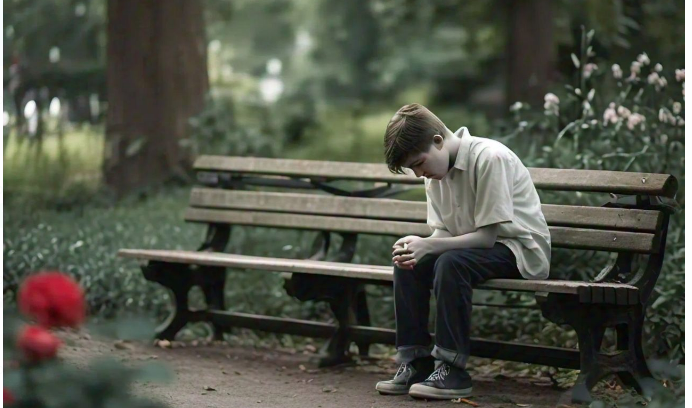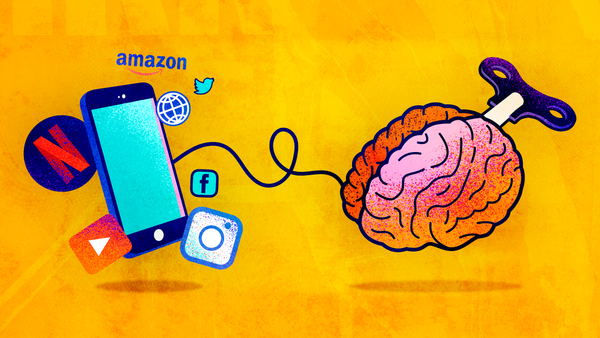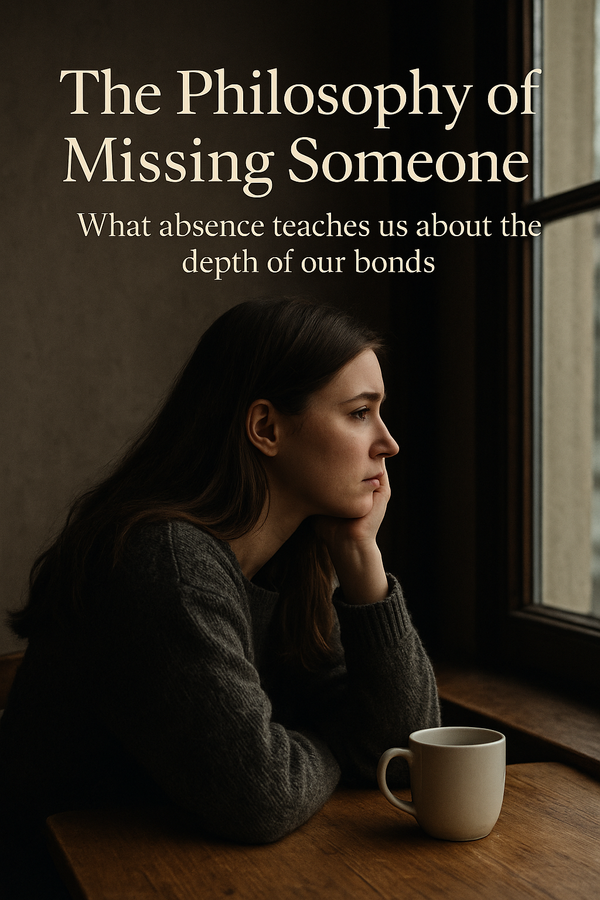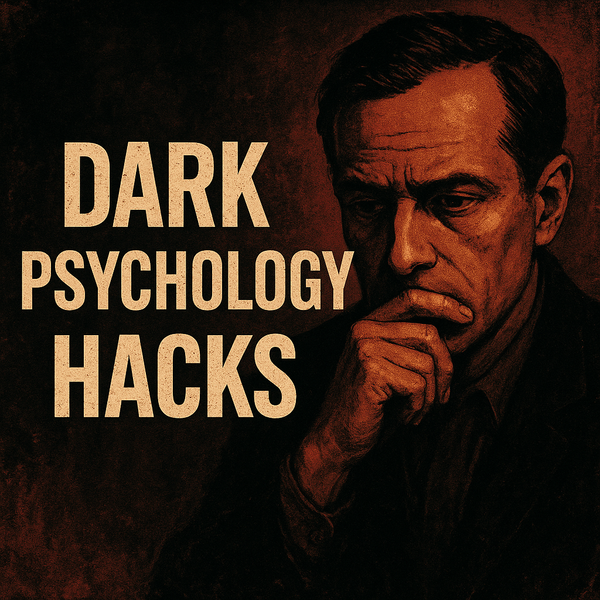Astonishingly Deep 7 Ways Injustice Fuels Emotional and Social Suffering
Explore seven deep ways injustice impacts emotional well-being and social cohesion, fuelling personal struggles and dividing communities. Learn how to recognize and address these effects.

Injustice is more than just unfairness—it can leave deep emotional scars and create social divides that affect individuals and communities alike. Whether it’s systemic discrimination, inequality, or personal mistreatment, experiencing injustice takes a heavy toll. The pain of being treated unfairly extends beyond the moment—it lingers, impacting mental health, relationships, and society as a whole. Let’s explore seven astonishingly deep ways injustice fuels emotional and social suffering.
1. Erodes Trust in Relationships and Institutions
The Ripple Effect of Betrayal
When people face injustice, whether from individuals, governments, or institutions, trust is often the first thing to crumble. Trust is essential for healthy relationships and social systems. When injustice occurs, it creates a sense of betrayal, leading people to feel disconnected from those they once trusted.
- What it looks like: After experiencing discrimination at work, an individual might lose faith in their employer or the justice system. Similarly, someone who has been unfairly treated in a relationship may struggle to trust others in future relationships.
How it Fuels Suffering
When trust is broken, it leaves people feeling isolated and unsupported. This loss of trust creates a barrier to building healthy relationships, both personally and socially, contributing to feelings of loneliness and insecurity.
2. Triggers Anxiety and Depression
The Mental Health Impact of Unfair Treatment
Injustice can have a profound impact on mental health. People who experience ongoing injustice—whether through discrimination, marginalization, or unfair treatment—are more likely to struggle with anxiety and depression. The emotional weight of being treated unfairly can become overwhelming, leading to mental health challenges.
- What it looks like: Someone facing racial or gender discrimination might feel constant stress, fearing future mistreatment. Over time, this stress can turn into chronic anxiety or depression.
How it Fuels Suffering
The emotional burden of injustice creates a state of hypervigilance, where individuals are always on edge, waiting for the next unfair experience. This mental strain can drain energy, reduce self-esteem, and make it difficult to enjoy life fully.
3. Promo
tes Anger and Resentment
The Emotional Toll of Injustice
Anger is a natural response to being treated unfairly. When injustice goes unaddressed, this anger can fester into resentment, making it hard to move forward. Unresolved anger doesn’t just affect the individual—it can also disrupt relationships and communities.
- What it looks like: A person who feels unheard or mistreated may lash out at loved ones or withdraw from social circles, creating tension in their relationships.
How it Fuels Suffering
Unchecked anger and resentment can lead to emotional outbursts, relationship conflicts, and isolation. It can also contribute to negative coping mechanisms, such as substance abuse, further deepening emotional suffering.
4. Creates Feelings of Powerlessness and Helplessness
The Impact on Personal Agency
Injustice often leaves people feeling powerless. When individuals or communities repeatedly face discrimination or unfair treatment, they can start to believe they have no control over their circumstances. This sense of helplessness can be emotionally devastating.
- What it looks like: A person who faces workplace harassment but feels powerless to report it may begin to internalize the belief that their voice doesn’t matter.
How it Fuels Suffering
Feeling powerless diminishes self-worth and motivation, leading to a cycle of inaction. This lack of agency can make it difficult to pursue change or advocate for oneself, further entrenching emotional suffering.
5. Leads to Social Fragmentation
How Injustice Divides Communities
Injustice doesn't just affect individuals—it can also tear communities apart. When certain groups are treated unfairly, it creates divisions between those who benefit from the system and those who are marginalized by it. This fragmentation weakens social cohesion and makes it difficult for communities to unite around common goals.
- What it looks like: Systemic injustices, such as economic inequality or racial discrimination, can create deep divides between different social groups.
How it Fuels Suffering
Social fragmentation leads to a lack of empathy and understanding between groups, fostering conflict and resentment. Without unity, it becomes challenging to address shared problems, prolonging the suffering caused by injustice.
6. Fosters Self-Doubt and Shame
The Internalization of Unfair Treatment
One of the most insidious effects of injustice is the way it can make people doubt their own worth. When individuals are repeatedly treated unfairly, they may begin to internalize the negative messages, believing they deserve the mistreatment or that they are somehow flawed.
- What it looks like: A person who is constantly overlooked for promotions at work might start to believe they are not good enough, even though the real issue lies in systemic discrimination.
How it Fuels Suffering
Self-doubt and shame can chip away at a person’s confidence, making it difficult for them to pursue opportunities or form healthy relationships. This internalized suffering perpetuates a cycle of low self-esteem and emotional pain.
7. Hinders Growth and Healing
Stuck in the Cycle of Injustice
Injustice can prevent individuals and communities from healing and moving forward. When people are repeatedly subjected to unfair treatment without resolution or justice, it becomes nearly impossible to heal emotionally. This stagnation keeps individuals trapped in a cycle of pain and suffering.
- What it looks like: A community that has faced systemic oppression for generations may struggle to find opportunities for growth or access to resources that promote healing.
How it Fuels Suffering
Without justice or reconciliation, emotional wounds remain open, making it difficult to build a hopeful future. The inability to heal creates a sense of hopelessness that fuels ongoing emotional and social suffering.
Conclusion: Breaking Free from the Cycle of Injustice
Injustice leaves deep emotional and social scars that can be difficult to overcome. From eroding trust and triggering mental health challenges to fostering anger, self-doubt, and social fragmentation, the effects of injustice are far-reaching. Recognizing these signs is the first step toward addressing and healing from the emotional and social suffering caused by injustice.
While we may not always be able to prevent injustice, we can work to mitigate its effects by supporting one another, advocating for fairness, and creating spaces for healing. By promoting empathy, unity, and justice, we can help break the cycle of suffering and build a more compassionate and equitable world.
You May Also Like:
- The Dark Side of Success: How Ambition Can Lead to Moral Compromise
- How Dark Psychology Manipulates and How You Can Protect Yourself
- Dark Psychology Tactics of Influence and Control
- Psychology Behind Lying and How to Spot It
- How Dark Psychology Can Sabotage Relationships and Ways to Break Free
- The Shadow of Guilt: How It Haunts Our Subconscious
- The Psychology of Envy: How Jealousy Shapes Our Thoughts and Actions
- Dealing with Social Rejection: 7 Strategies to Overcome It
- Divorce Red Flags: Signs Your Marriage Might Be Heading for Trouble
- How to Improve Your Emotional Intelligence for Better Relationships and Success
- 10 Surprising Ways Stress Affects Your Mind and Body—and How to Fight Back!
- The Power of Habits: How to Build Positive Routines and Break Bad Ones
- Understanding Anxiety: Causes, Symptoms, and Effective Coping Strategies
- 10 Mind-Blowing Facts About Social Psychology You Need to Know
- How to Spot Fake Nice People: Key Signs and Red Flags to Watch Fors
Valid Laws is a reader-supported publication. To receive new posts and support my work, consider becoming a free or paid subscriber.



